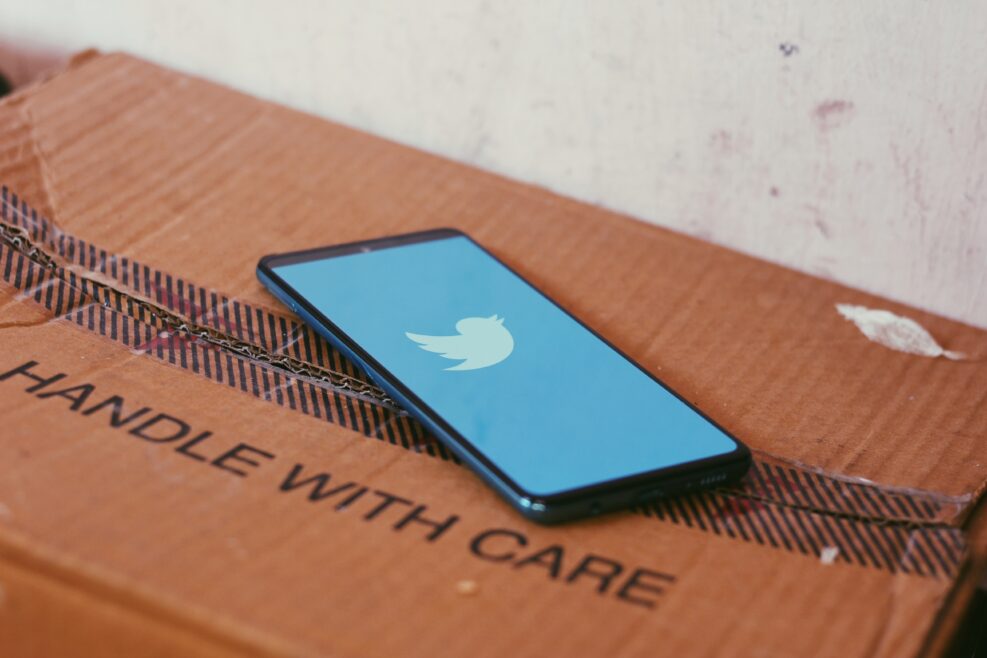
If Octopuses Are Really Smart, Should We Eat Them?
Proposals to farm octopuses are meeting with opposition on grounds of animal crueltyExtraordinary recent science discoveries re octopus intelligence have created an ethical dilemma: Octopus arms (tentacles) are gourmet delicacies in Korea, Japan, and the Mediterranean countries and many poor people make a living providing them. Factory farming is of octopuses is slowly becoming practical. But should we do to them what we wouldn’t do to dogs? Octopuses present something of a puzzle. As Canadian investigative journalist Erin Anderssen pointed out earlier this month, “The octopus has already challenged our theories on evolution, intelligence and consciousness.” Evolution? We have tended to assume that intelligence rose with the development of a spinal cord and brain (vertebrates), and warmbloodedness (mammals and birds). So invertebrates like octopuses were expected to be “naturally” less intelligent than, Read More ›



















